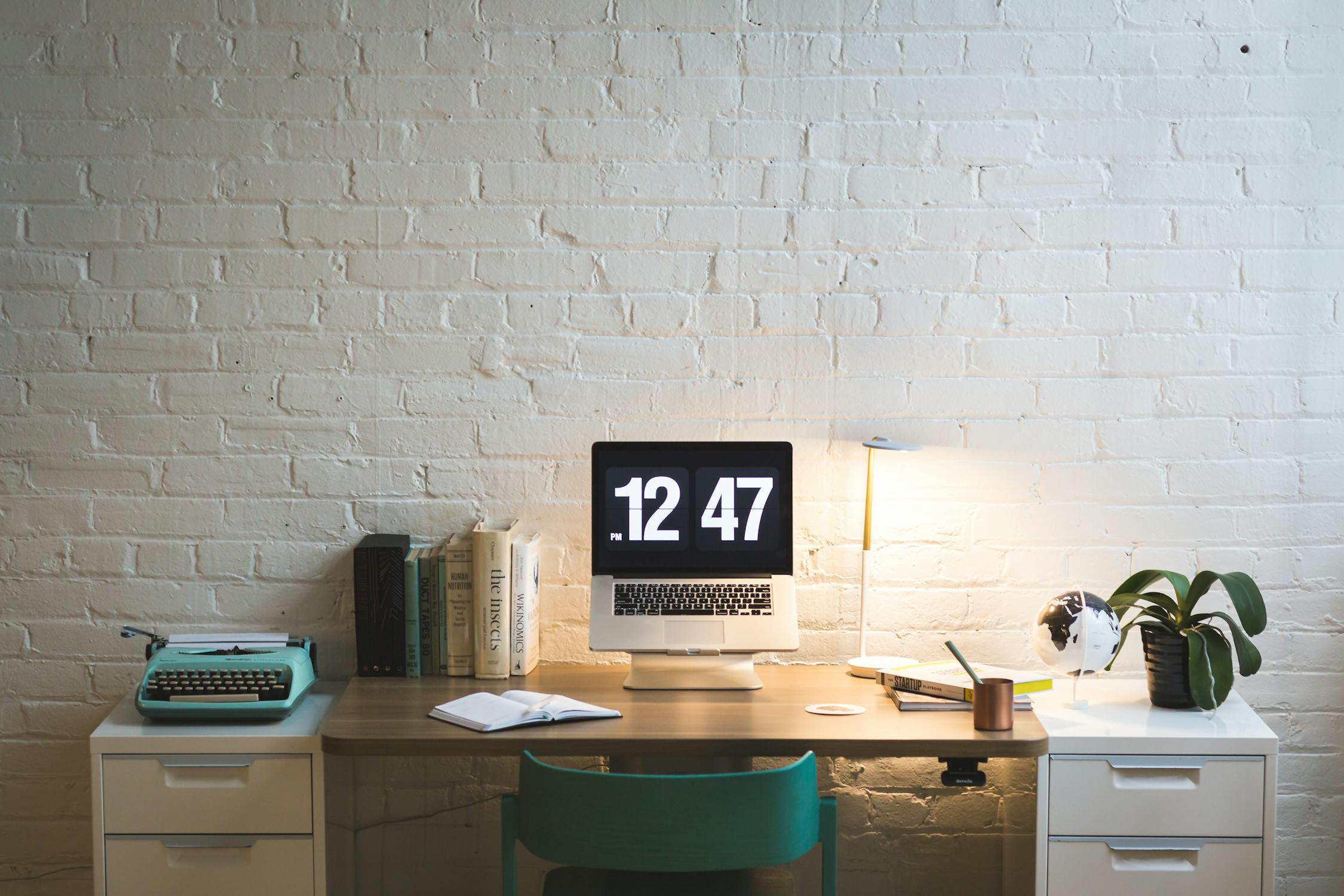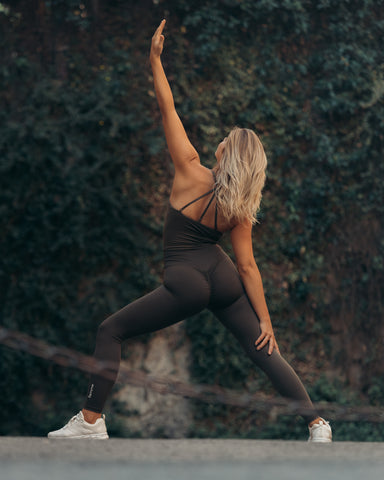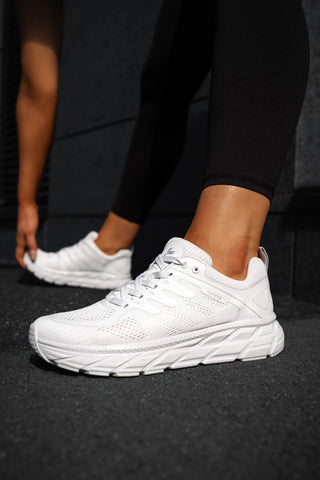
Training in the office and at home
It's autumn, soon winter, and most people are back to their "normal" everyday life with work, school, leisure activities, social life, and exercise. For many, the latter can be difficult to accomplish as often as they would like, due to limited time or other things that get in the way or come up. Therefore, it can be a smart idea to combine work life and home life with exercise - so that one can get in a bit of activity every day if there isn’t enough time to dedicate to it otherwise, which is incredibly important for good health.
With long days of sitting still, this can affect posture. To counteract this, we have put together some simple exercises to counteract bad posture.
- Why exercise at the office
- Tips for exercising at the office
- Why exercise at home
- Tips for exercising at home
- Advice from a physiotherapist
Important to get a bit of exercise every day
It is incredibly important to move a bit every day. It is recommended to get a minimum of 30 minutes of activity each day - and just half an hour is fundamentally a quite achievable window of time that should be possible to get a bit of activity in. These minimum thirty minutes can easily be accomplished during the day at the office (when you’re not too busy with tasks and meetings) or at home. Here we have created a guide for exercising at the office and at home with simple tips and exercises that can be done without necessarily requiring much equipment.

Why exercise at the office?
At the office, one often sits a lot. There may be varied workdays, whether they feel heavy or light, there may be much or little to do and it may be that one does not have time to think about anything else than job tasks. For health reasons, it is likely not good to sit constantly still and not get any exercise, in addition to being burdened by work tasks. Therefore, it is important to fit in some training at the office.

Additionally, one can get injuries or pain in muscles and joints from sitting too much. Therefore, exercising at the office is something one should aim for and can easily implement. We have created a guide on what kind of exercises can be done to prevent injuries, take a look here.
It may be wise to invest in a good pair of running shoes with good cushioning if one wants to avoid muscle and joint discomfort from too much office time. A good pair of women's running shoes that provide good support is Endorphin RX1 running shoes:

Tips for exercising at the office
First, it is important to "prepare" the body for exercise; this can be done by, for example, stretching. If you have some weights lying around the office this is optimal, but it is not expected that one should bring a lot of workout gear to their workplace. With weights, one can easily do a bit of strength training while sitting in the office chair or if standing. If one does not have any weights or dumbbells available, one can use heavier books or office supplies that provide weight. Here you can do some different exercises; either you can walk around with the weights or do some lifts or squats. Here we have created a guide to various strength exercises: The best strength exercises for the whole body.

Why exercise at home
What's beneficial is to find simple exercises that don't require much, since you are, after all, at the office and are limited when it comes to time and space. Focus on simple muscle groups and find good and easy stretching exercises.
Here you can read about why one should stretch after exercising.

Yoga exercises from home - Beginner's guide.

It is smart to get good yoga clothes that help you perform well and are also comfortable to wear. What’s nice about yoga clothes is that one can both exercise in them and also use them as regular loungewear at home. Check out our guide for the best yoga clothes for women here.
A big favorite is the training set Softy Leggings and Softy Sports Bra as yoga clothes for women:
Ribbed and seamless workout clothes are a huge favorite and provide good, breathable mobility. Read more about the best yoga clothes for women here.
Tips for exercising at home
Moreover, for exercising at home, one can make use of weights or dumbbells if they have them at home, and do various strength exercises. Deadlifts, squats, abdominal exercises, and back exercises are examples of various sets one can do. Feel free to use some resistance bands when exercising at home or at the office; you can find the most elastic and durable resistance bands here:
We have also created a guide for exercises that can be done with resistance bands, which is very ideal to use at home: Resistance band exercises.
If one does not have weights or dumbbells and has children, one can lift their kids; this is a fun activity that the kids also find enjoyable and will want to participate in. Here, one spends time with the children while getting in some exercise - a win-win situation and definitely an advantage of exercising at home.
The keyword is simple, basic exercises. It should not be stressful or a major burden to exercise at home. Utilize what you have and use it to your advantage! Be creative and get active, that is the most important thing.

Advice from a physiotherapist
Some remarks from a professional that can help prevent the risk of injuries related to working from home or days where one sits a lot.
General advice
- Vary sitting position.
- Have support for your forearms.
- Take breaks often throughout the workday.
- Have a clear distinction between work time and leisure time.
Advice on sitting posture
- Sit on a chair where your feet touch the ground.
- Most of your thighs should rest on the chair seat.
- The chair seat can be higher in the back than in the front, but not the opposite.
- About a fist distance between the back of the knees and the chair seat is recommended to minimize the risk of swelling in the legs at the end of the day.




